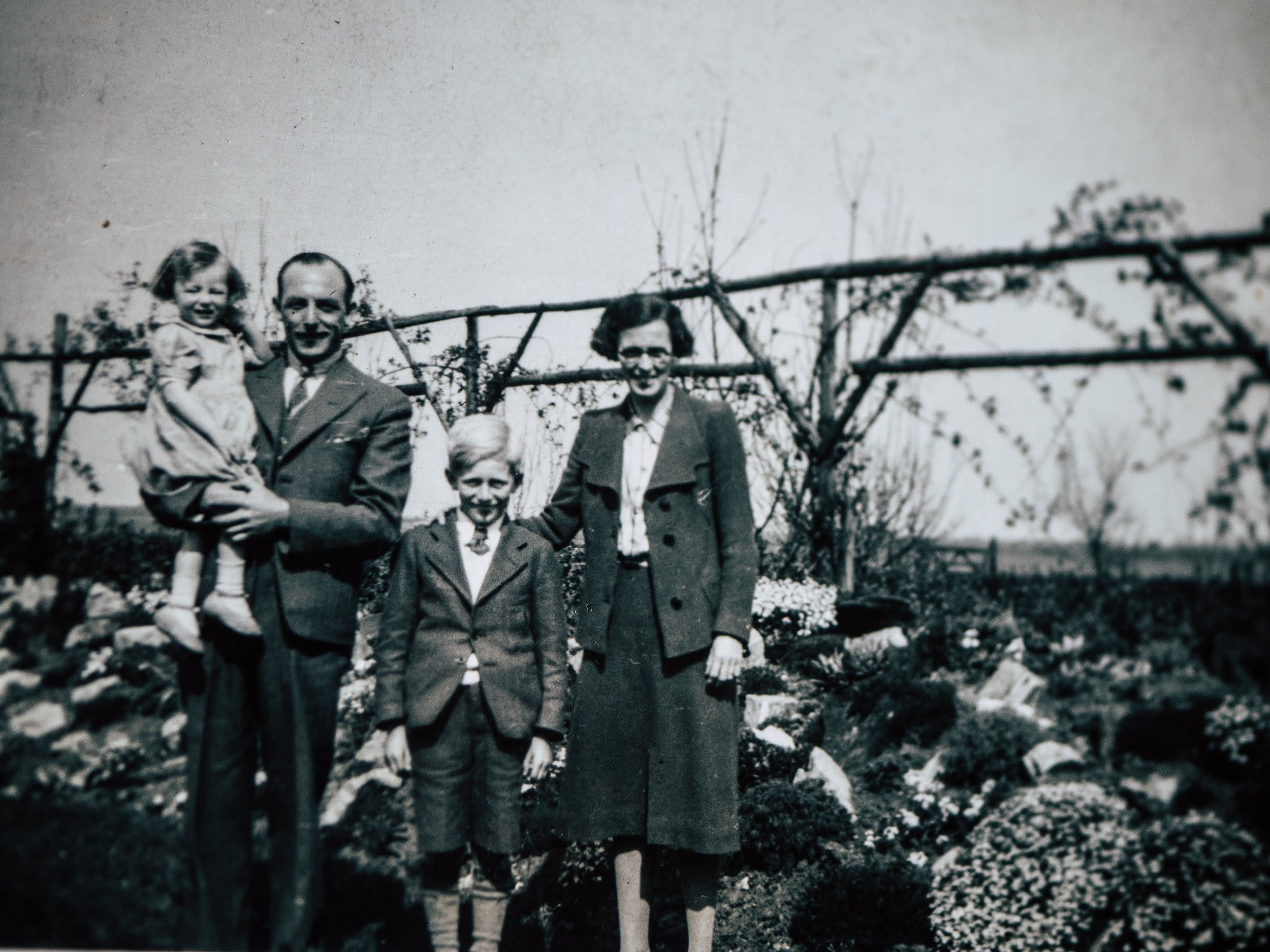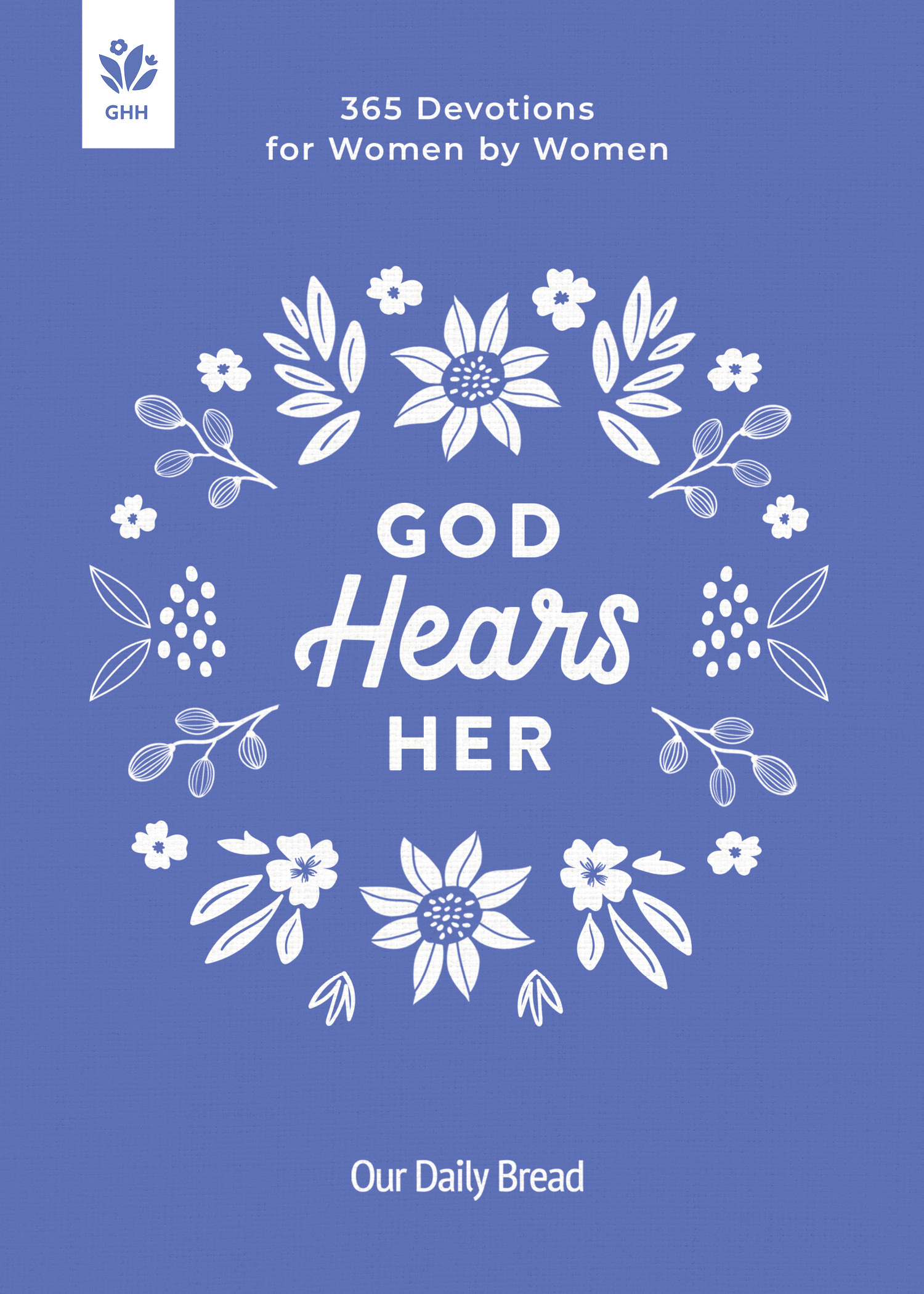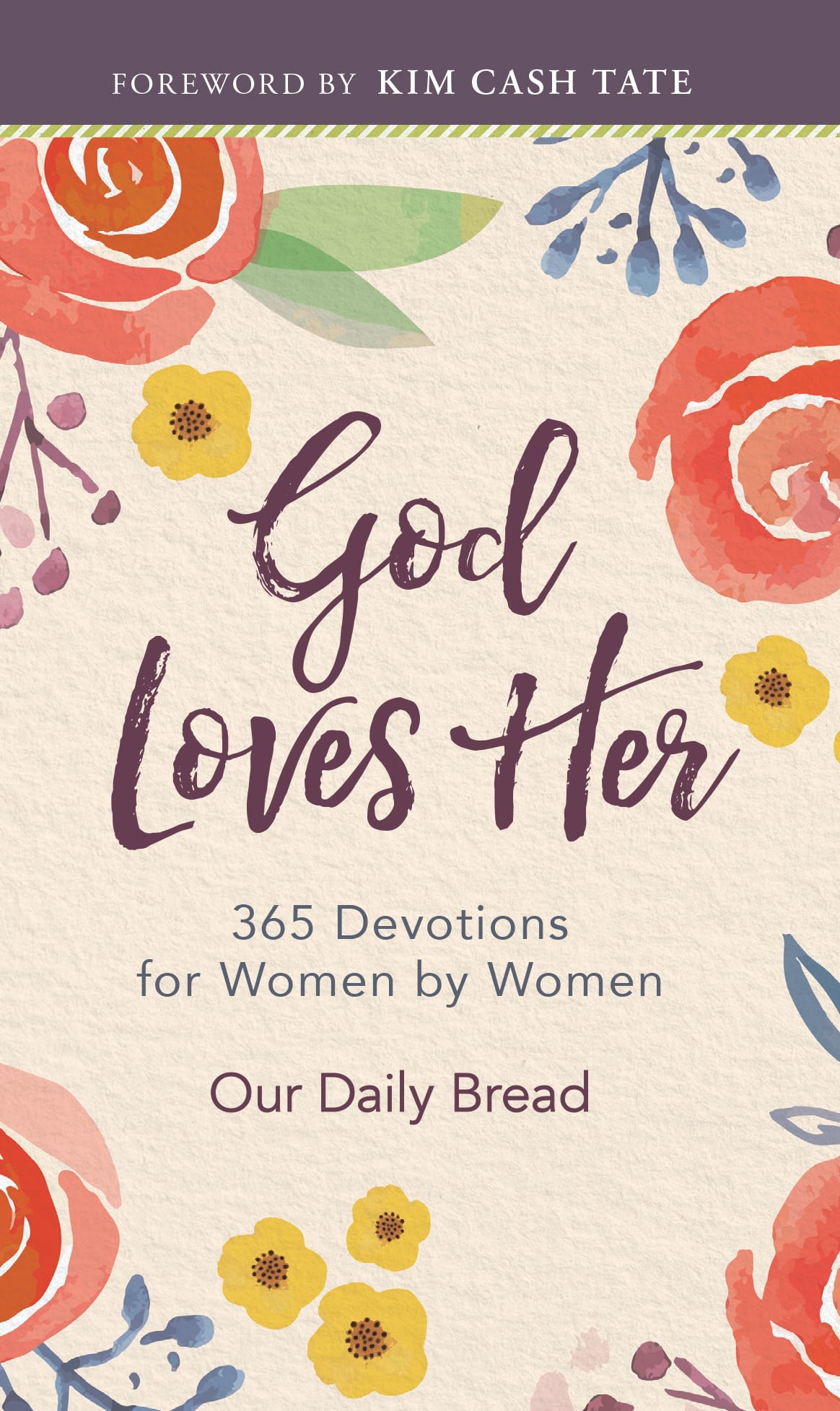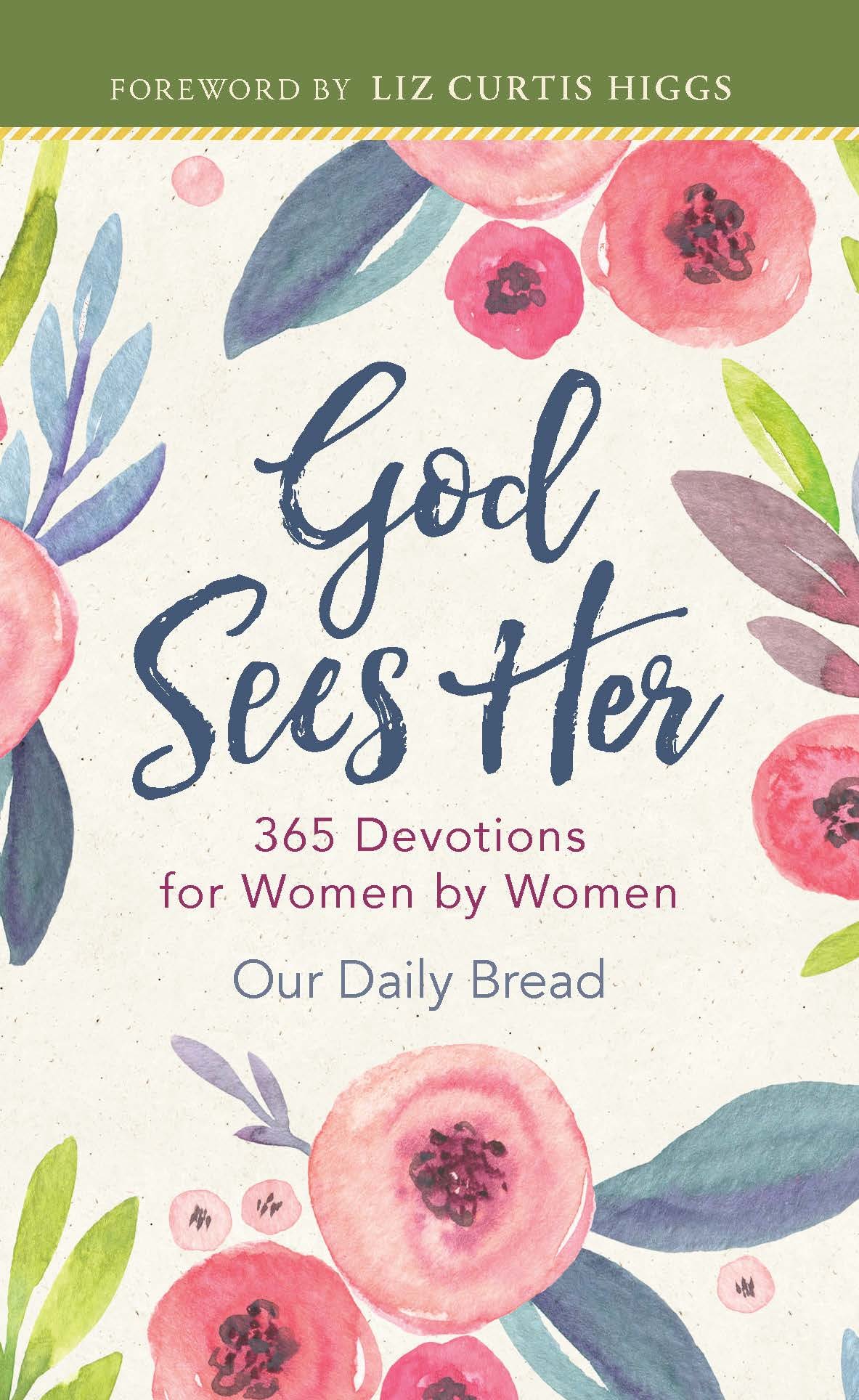Unfurling a large, yellowed document discovered among my grandparents’ personal items following their deaths revealed a hidden treasure—an extensive, detailed family tree. My family proudly claims our Norwegian heritage, but before this discovery the little historical information I had extended back only to my great-grandparents, who came to the U.S. in 1919. This document, unseen for two generations, detailed our ancestors back to 1415, with hundreds of names and dates.
I find it astonishing that this handwritten chart was hidden away for so many years. As I’ve spent time looking over the names, trying to imagine the lives of my relatives listed in each generation, I’ve also tried to fill in the questions left by blank spaces. A birthdate listed for a great-great-great-uncle was all the information written by his name—no date of death or marriage information. Looking online, I discovered that he died at the age of twenty-one during the years of World War I. Did he die on the battlefield, or did his life end peacefully closer to home?
Even with all the unanswerable questions, I’ve been filled with an overwhelming sense of God’s faithfulness in working through the lives of men and women that led to my place in this extensive family tree. I’m also a little surprised at my sense of belonging to this group I only recently learned existed.
Belonging and connection are hardwired into every human soul because we are created for community. Being able to prove one’s belonging to a family has been an important reason for maintaining genealogical records throughout history, so it is not surprising that we find family trees in Scripture. Dozens of genealogies are recorded in the Bible, but most of us skim over them, especially the long lists found in the Old Testament. How many times have we come to the first nine chapters of 1 Chronicles and simply flipped the pages without bothering to read the names?
But the Israelites would have poured over the names the same way I poured over my family tree. 1 Chronicles was written in part as a history of Israel to remind the men and women who had been taken captive to Babylon of their connection and unbroken history dating back to Adam through Abraham. Prior to DNA tests, finding oneself in the lineage of the genealogical records served as proof of heritage. If an Israelite’s name couldn’t be found in their claimed family tree, they were excluded from the blessings that came from belonging to a specific family line (Ezra 2:62).
Even in ancient Israel, there was something far more important than merely the biological connection to one’s ancestors. Abraham’s family tree pointed to God’s covenant with the Jewish people, and His faithfulness to fulfill His promises. Finding oneself in the family tree was a way Israelites could have confidence that they would inherit the promises given to Abraham and his wife Sarah. Beautiful promises that God would bless them, and then extend that blessing to all people (Genesis 12:1-3; 17:16).
I find it reassuring to remember that even in Genesis it’s evident that exclusivity was never God’s full intention. God reaffirms his promise that through Abraham and Sarah’s descendants “all nations on earth will be blessed” (Genesis 22:18). With Jesus’ incarnation, death and resurrection, God’s plan unfolded to allow anyone to be considered children of Abraham by faith and heirs of the promises. Galatians summarizes this new reality with the concise truth that “those who have faith are children of Abraham” (Galatians 3:7). Right standing with God, or righteousness, is now “given through faith in Jesus Christ to all who believe. There is no difference between Jew and Gentile” (Romans 3:22). Paul wrote that God broadened inclusion in the family tree, which also extends access to His promises, to anyone who trusts in Jesus. Using the example of a tree, Paul explains that Gentiles, “though a wild olive shoot, have been grafted in among the others and now share in the nourishing sap from the olive root” (Romans 11:17). All the spiritual blessings available through Jesus are now available to anyone who is united with Him by faith, regardless of their biological ethnicity.
I’m not sure if I’ll be able to trace my family tree back any further than the dates I discovered on that long-preserved document. But through Jesus I have a spiritual family tree that I’ve been grafted into and can claim as my own all the way back to Abraham. It’s not just unpronounceable names that fill the family records in Scripture. It is my family tree. A record of countless generations of men and women who experienced God’s faithfulness. I’m part of that story. Through faith, it’s your story too.
—Written by Lisa M. Samra. Used by permission from the author.







One Response
How beautiful to know your family heritage!! It is special!! When my parents went home months apart in 2014, my brother and I were clearing out their home. We found something I never had seen—two books on my dad’s side of the family. The family tree of his mother’s family and another of his dad’s family!!! Their past names were so similar it was amazing!!! People I had never known about suddenly came very close to me!! It is the same with our church families and those we come across incidentally on the phone or at the counter making a purchase–we discover they too are Christ Followers!!! The bond is there and that is so special!!!